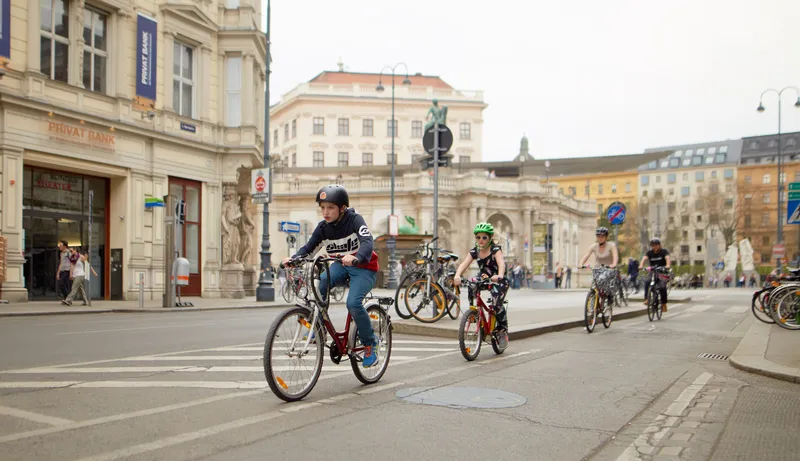
More cycling will be essential to the success of the European Union's Sustainable and Smart Mobility Strategy, says the European Cyclists' Federation (ECF).
The European Commission wants to adopt the strategy to meet the European Green Deal target of reducing transport emissions by 90% by 2050.
The ECF, Cycling Industries Europe (CIE) and the Confederation of the European Bicycle Industry took part in a consultation on the roadmap for the initiative in which they agreed more cycling will help fast-track the Green Deal.
ECF co-CEO Jill Warren, says: “There is simply no conceivable way for the EU to achieve a 90% reduction in transport emissions and to reap the enormous potential benefits to the environment and citizens’ health without a major, further shift towards more cycling, so we are counting on the EU to enable this shift with clear targets, effective policies and adequate funding.”
The cycling associations are calling on the EU to provide €6 billion for safe cycling infrastructure.
They also want a centralised €5.5bn EU electric bike access fund to make the benefits of e-bikes available in all countries as well as the implementation of an EU Cycling Strategy.
CIE CEO Kevin Mayne says: “In the period to 2030 cycling will deliver a fast start to the EU Green Deal, building on the rapid transition to cycling already seen in the Covid-19 recovery. The cycling sector provides industrial leadership and sets new milestones for Europe to be a leading industrial force in transport, in both sustainable and connected mobility, so the EU Sustainable and Smart Mobility Strategy needs to embrace cycling to help unlock its huge potential.”








